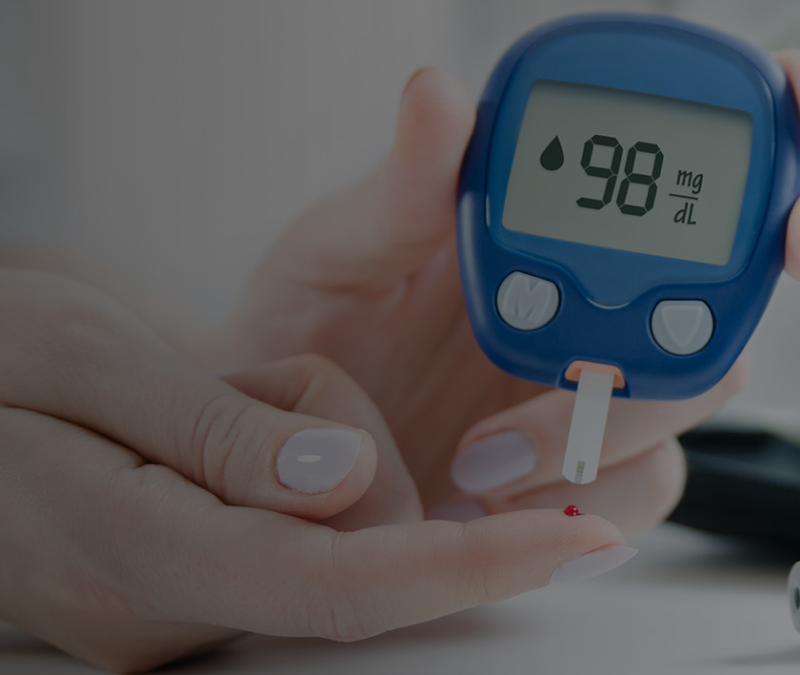The department of Endocrinology at Aster MIMS is committed to providing comprehensive care to patients with hormonal and metabolism conditions. The department and its clinicians facilitate diagnosing and treating problems such as diabetes, thyroid disorders, obesity, irregular menstruation, and osteoporosis. They also hold expertise in treating conditions such as pituitary and adrenal disorders, growth and pubertal problems in children, and calcium-related problems.
The department boasts state-of-the-art diagnostic and therapeutic technologies including a glucometer rental system, continuous glucose monitoring system, insulin infusion pump, and DXA bone densitometry. Besides, it also facilitates diabetic health check-ups and obesity clinics. ASTER EASY CARE is a new diabetes follow-up program in which diabetic patients are closely monitored.




